Exams are looming and you are probably either in the midst of revision, blissful oblivion or the depths of despair depending on how well-prepared you are. Life will be waiting for you on the other side of the exams, and that may be a welcome prospect but it also requires a little planning now if you will be moving accommodation at the end of the term.
Whether you are just super-organised or are looking for a way to avoid revision, turn your thoughts to what you need to do now (or at least in the coming weeks) to ensure that when you move out of your digs you get a nice, fat cheque back from your landlord. You will, after all, need a chunk of money to use as a deposit for your next accommodation (if you are returning to your studies next year), or to fund some nice nights out to celebrate finishing your course.
So, the first thing to understand is that whilst your landlord is running a business, they are also a person (or people) – and communicating well with them can only help. Once you are sure that your accommodation is in good order, arrange for your landlord to visit about a month before your contract is due to end, so that you can have a discussion about anything that they would want to see when you leave. If you know what they are looking for then it should be easy enough to leave your accommodation like that when you leave, ensuring a speedy and full refund of your deposit. Having an early visit like this will give you much-needed time to rectify any issues.
The second thing you need to know is that – whatever else you do – you should protect yourself by taking photographs of your accommodation on the day you leave, so that you have evidence that would support your case for a full refund if your landlord were to claim that you had left it dirty or damaged. If you have had a visit from the landlord, as above, you should take photographs of the accommodation as it was on that day, as well.
Beyond those two general pointers, here are some specific things that any landlord will expect you to do in order for you to get a full refund.
1. Clean like the Queen is visiting.
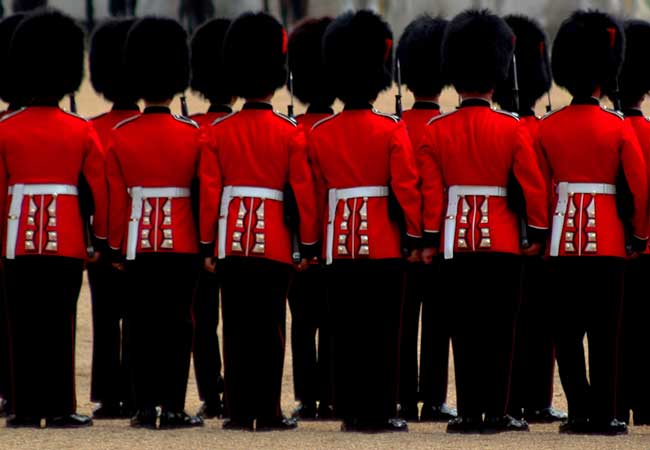
A tidy round will not suffice – you have been living in your accommodation for the best part of a year and if you have never vacuumed under the sofa or given the loo more than a desultory squirt of bleach then you will need to get scrubbing. This is a lot easier to achieve if your accommodation is empty, so if possible move everything other than your essential possessions out (either take them home for the summer, or move them into temporary, secure storage – teaming up with your flatmates can make this cheap as chips). Dust, vac, clean the windows, blitz the bathroom.
Don’t stop until you can look around and think, “yes, I’d be happy to move in here,” or, depending on your standards, “yes, my mum would be happy for me to move in here.”
2. If anything is damaged, replace or repair it.
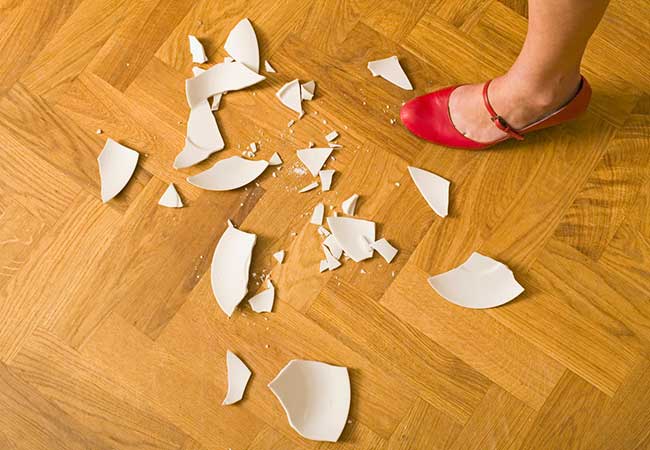
Yes, this may cost money. But it will probably work out at a lower cost than the amount your landlord may withhold from your deposit. Whether you’ve noticed the damage or had the damage pointed out to you by the landlord when they looked round with you, offer to put it right and then repair or replace it to the same standard it was in before you moved in (or better, for extra Brownie points).
3. Read the fine print of your Tenancy Agreement.
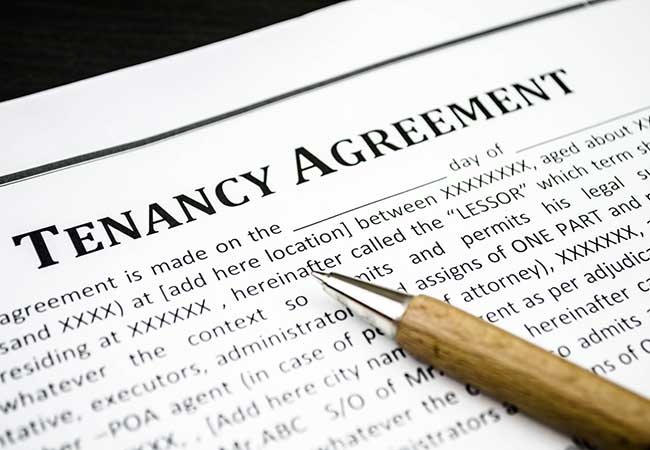
Yes, it’s all fine print. Look specifically for any mention of what the landlord expects you to do before you move out – some might say that you have to hire a professional cleaner, for example. If it says it in your agreement and you don’t do it, you will not get your full deposit back, so... well, do it. Your Tenancy Agreement will also tell you how your deposit is held, so have a look at that now that you’ve got it out, because you’ll see shortly that this could be important.
4. If you have an inventory, check it.

Your landlord may have provided you with an inventory when you moved in – this is a list of all the things that were contained in your accommodation already. It might list the number of plates and cups, for example. Again, this is something that is easier to check once everyone has moved their own possessions out, but use it to ensure that everything is still there when you leave. If anything is missing, either find it or replace it – this will be cheaper than having money deducted from your deposit. If your landlord did not leave an inventory then it will be hard for them to prove that anything is missing, but if they believe that you have taken something that belongs to them it may make them more inclined to look for other ways to withhold some of your deposit.
5. Call all the utility companies and tell them your leaving date.
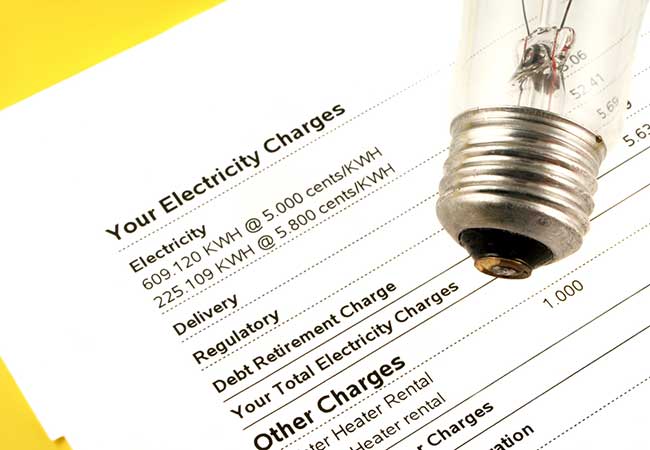
This is an important step that no-one else will do for you. Tell the phone company, gas, electric, water and TV people – anyone whose services you have been using at that address and tell them that you are leaving on a given date. They will be able to send you a bill for the final amount you owe and you won’t be charged for any services used by whoever moves in after you. This will also ensure that the landlord is not left to deal with calls about unpaid bills, making them more amenable about giving you back your deposit.
6. Empty the fridge and freezer. Easy to forget.
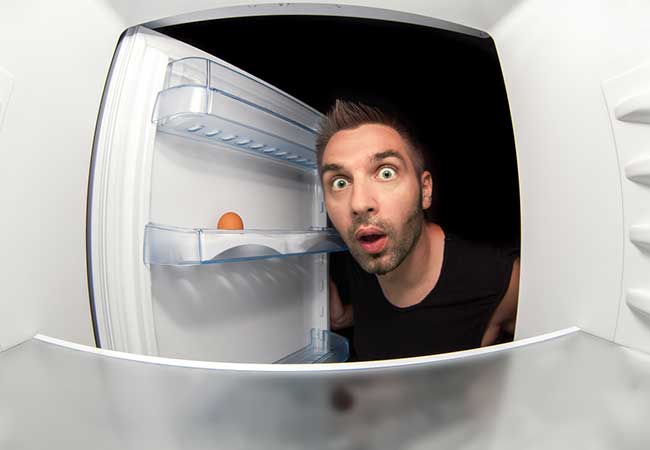
What to do if your landlord withholds all or part of your deposit (unfairly)
If the worst happens and your landlord refuses to refund all or part of your deposit, using your photographs as evidence you can always take the matter to the small claims court. Hopefully, your deposit will have been registered with a Tenancy Deposit Scheme by your landlord (as is required by law) – your Tenancy Agreement should say which TDS service provider is used. If it is registered then you won’t need to go to court as the service will consider the facts and evidence and make an impartial decision – this is a free service and the only money you’ll lose is the amount that the service decides can be reasonably withheld from your deposit.
Finally, a tip for the future. The next time you move into any rented property, whether as a student or not, make sure you take photographs of every room from every possible angle on the day you move in, before your possessions are unpacked. This can then be compared against the photos you take on your last day so that you (and your landlord) can easily see any discrepancies that can be put right rather than risk your deposit.
*****
Discover more student articles on Safestore’s blog where you’ll find a range of topics; from budgeting tips to house moving advice and more. Or, if you’re looking to arrange storage while you’re moving properties we have a range of self storage options in over 100 locations – find your nearest store for a quote today.